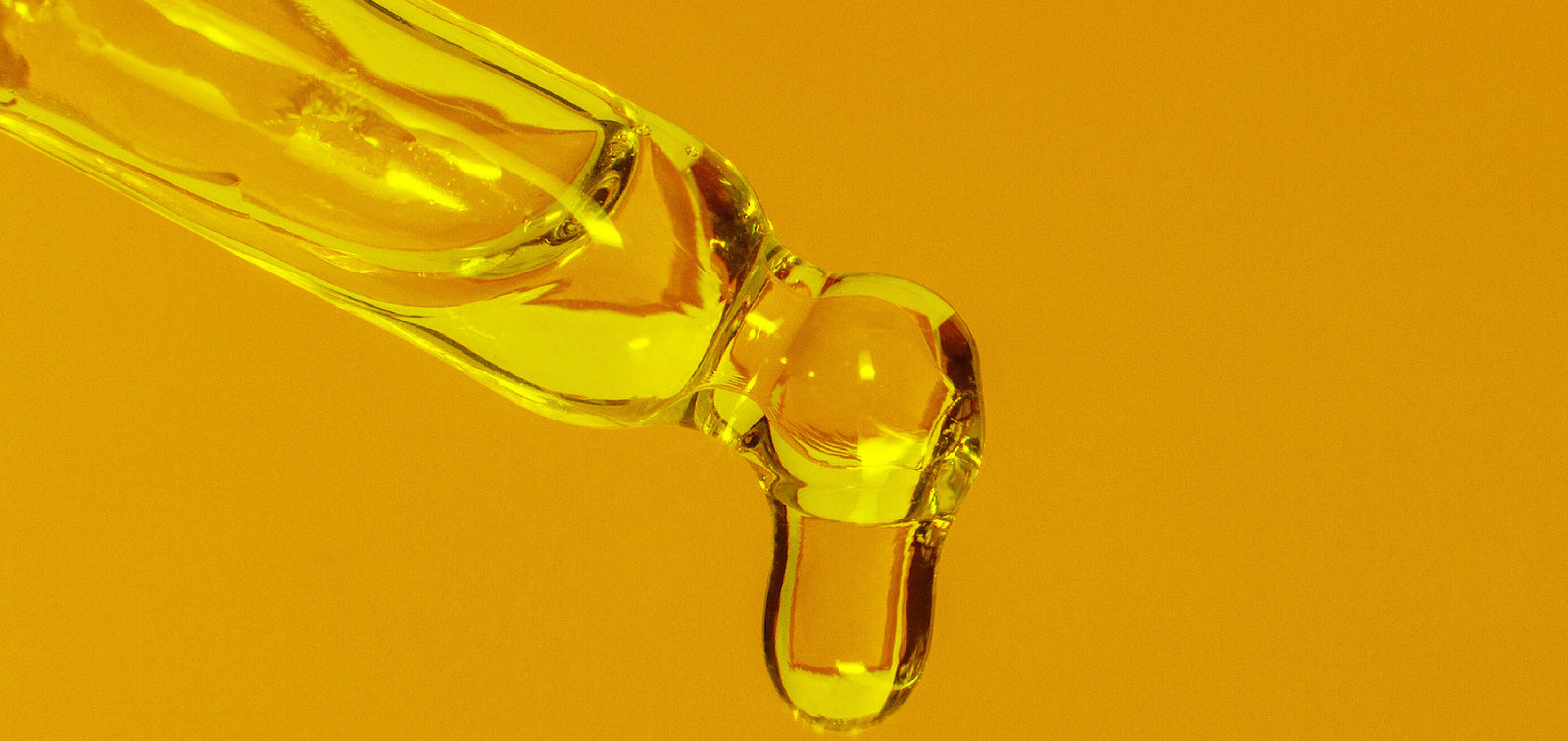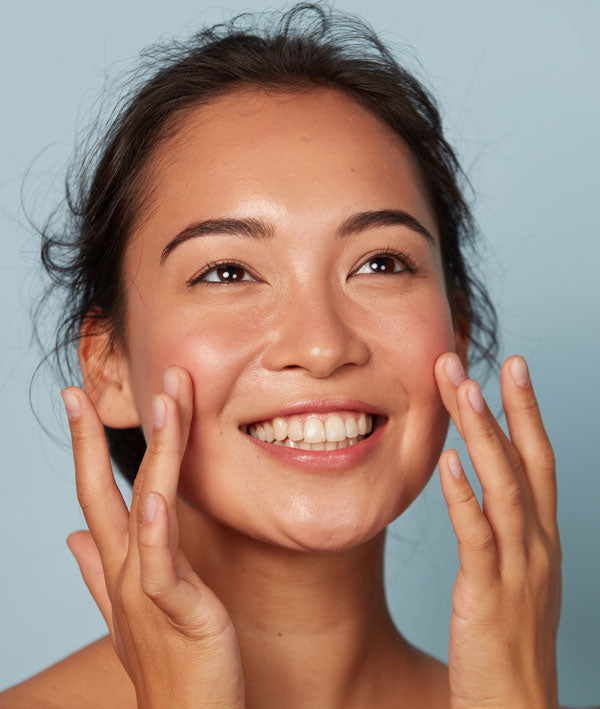Are you struggling with deciding whether it is worth adding a face mask to your routine? You’re certainly not alone! Many of us already use cleansers, moisturizers, serums, and other products on a daily basis – is a face mask really going to make a difference? We’re answering all of your questions to help you determine whether a mask deserves a spot in your skincare regimen.
What is the Point of a Face Mask?
Face masks are designed to give your skin a concentrated boost of active ingredients that target a range of issues. There are masks made for a variety of different concerns, including dehydration, dullness, irritation, acne, texture issues, signs of aging, and more.
It’s important to note that an at-home mask often isn’t going to offer the same dramatic results as serums, and shouldn’t be seen as a replacement for these types of products. For example, if you’re looking to brighten your complexion, daily use of a well-formulated vitamin C serum will better help transform your skin compared to weekly use of a radiance-boosting mask. However, a face mask can still be a great supplement to your serums and other skincare products to help you target your concerns and more quickly achieve your goals.
Different Types of Face Masks
Face masks can be roughly broken up into a few different categories:
Best Face Mask Type Depending on Your Area of Concern
Of course, not all face masks are created equal. When it comes to picking the right face mask for your specific needs, you’ll need to consider the type of mask, as well as the specific ingredients it contains.
Those with combination or oily skin looking to reduce excess sebum and decongest the pores may consider reaching for a clay or mud mask, since they are specifically designed to purify the skin. Alternatively, these skin types can look for a sheet or gel-based mask made with ingredients known to fight breakouts and clarify the skin, such as salicylic acid, tea tree oil, or charcoal.
Parched, dry skin that’s in need of some extra support will want to look for a hydrating and moisturizing sheet, cream, or sleeping mask. The best products will contain ingredients like hyaluronic acid, ceramides, and squalane, which can help restore hydration levels and improve the skin’s moisture retention abilities.
If you have sensitive skin and want to promote a more comfortable complexion, you’ll want a mask made with soothing ingredients like centella asiatica and colloidal oatmeal. You’ll often find these ingredients in sheet, gel, cream, and sleeping masks. It’s also best to avoid peel-off masks if your skin is sensitive, as they can aggravate the complexion.
Another major concern that affects people of all skin types is a dull complexion and uneven tone. If this sounds like you, you’ll want a mask made with effective brightening ingredients like vitamin C, azelaic acid, kojic acid, or licorice root. These ingredients can be found in virtually any type of mask – you’ll just want to choose whichever works best for your skin type.
Ingredients in Face Masks to Avoid
There are some ingredients that have the potential to irritate the skin, ultimately causing more harm than good. This includes fragrances, dyes, parabens, and alcohol. Some people also have negative reactions to essential oils in face masks and other skincare products.
Ultimately, you need to prioritize properly cleansing your skin and regularly using moisturizers, serums, and sunscreen. That said, this doesn’t render face masks useless. In fact, when using the right product consistently, a face mask can be a helpful addition to your skincare routine. Once you’ve established a foundational skincare routine, you can consider working in a face mask to round out your regimen.






